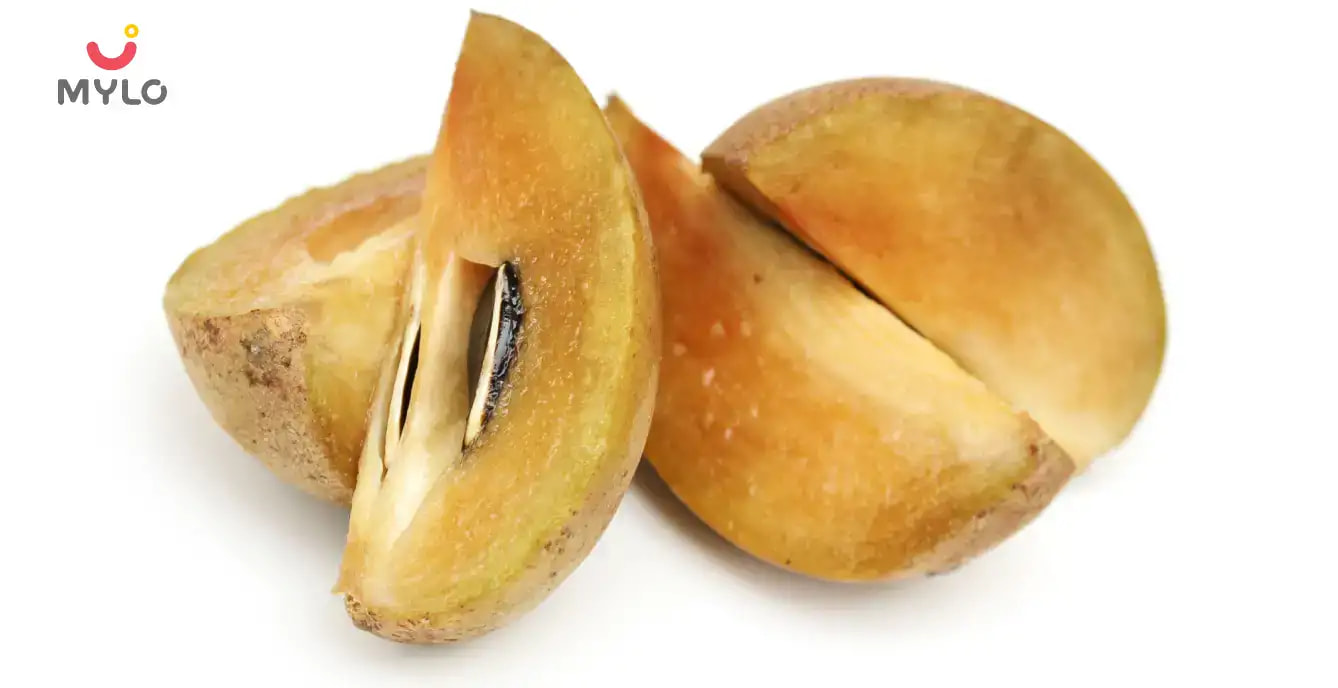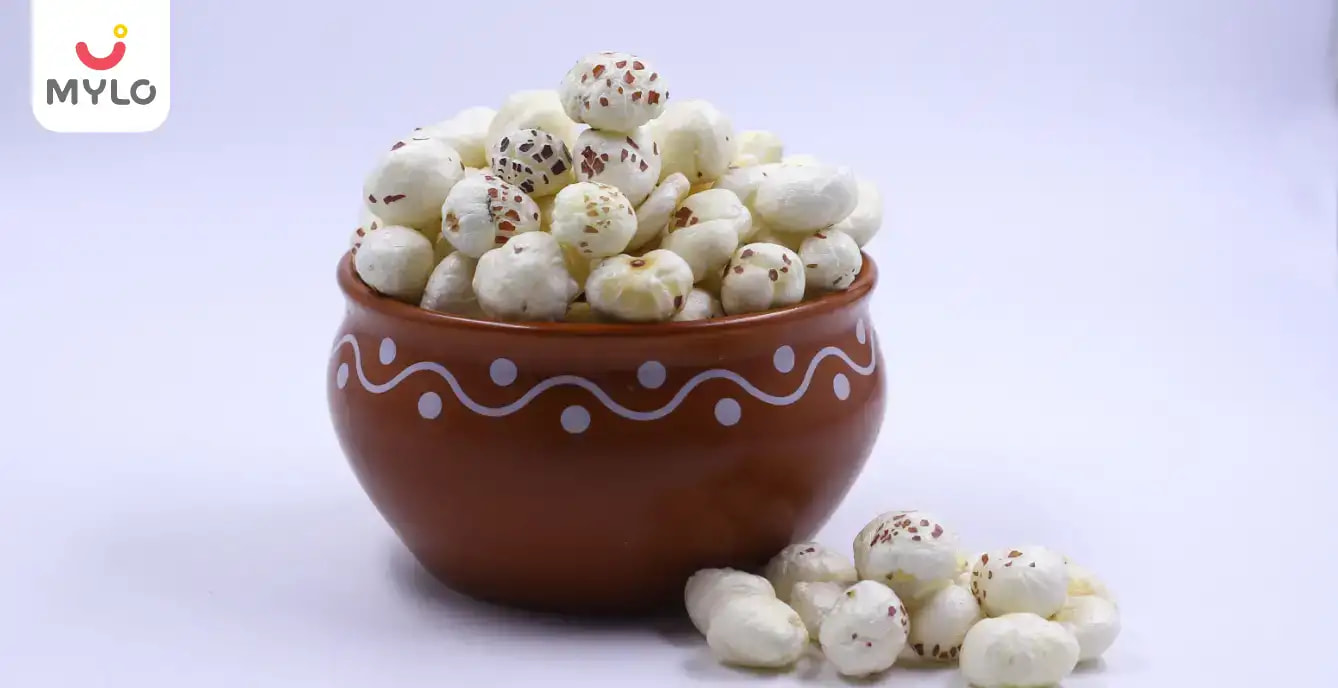Home

Pregnancy Journey

The Ultimate Guide to Consuming Litchi During Pregnancy
In this Article
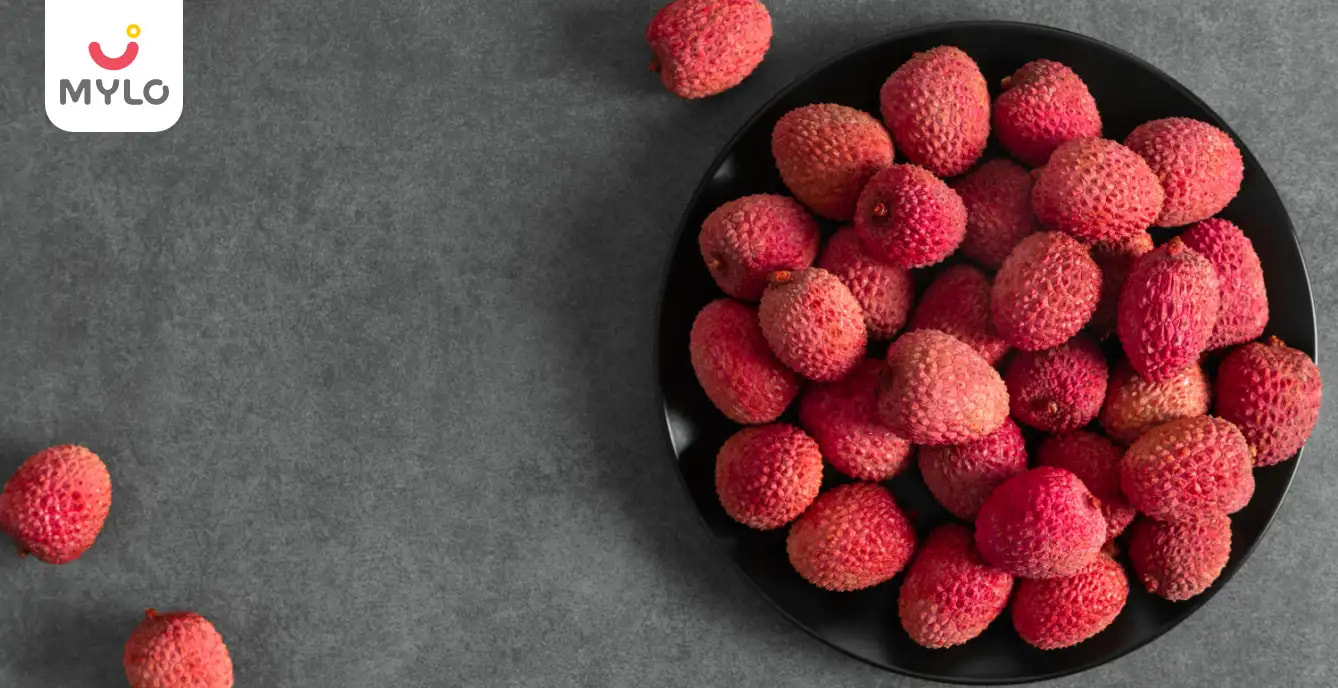
Pregnancy Journey
The Ultimate Guide to Consuming Litchi During Pregnancy
Updated on 25 January 2024
Litchi, also known as lychee, is a delicious tropical fruit that is widely enjoyed for its sweet and tangy flavor. But what about consuming litchi during pregnancy? In this comprehensive guide, we will explore everything you need to know about consuming litchi fruit during pregnancy. From its nutritional benefits to potential risks, we'll provide you with the information you need to make informed decisions for a healthy and happy pregnancy.
Nutritional value of litchi
Litchi is not only delicious but also provides essential nutrients such as:
Vitamin C: Litchi is rich in vitamin C, which is important for immune function, skin health, and antioxidant activity.
Vitamin B-complex: Including thiamine (B1), riboflavin (B2), niacin (B3), pantothenic acid (B5), pyridoxine (B6), and folate (B9).
Potassium: Important for maintaining proper fluid balance, nerve signals, and muscle contractions.
Copper: Essential for the formation of red blood cells and the absorption of iron.
Phosphorus: Plays a crucial role in bone health and energy metabolism.
Magnesium: Involved in various biochemical reactions in the body, including muscle and nerve function.
Antioxidants: Litchi contains various antioxidants, including polyphenols and flavonoids, which help protect cells from oxidative stress.
Dietary Fiber: Litchi provides dietary fiber, which is important for digestive health and helps regulate blood sugar levels.
Carbohydrates: Litchi contains natural sugars, mainly fructose and glucose, providing a quick source of energy.
It's important to note that the nutritional content may vary slightly depending on factors such as ripeness and cultivation conditions. As with any food, moderation is key to enjoying the nutritional benefits without overdoing it on natural sugars.
You may also like: Cherry Fruit in Pregnancy: What Every Expectant Mother Should Know
Is litchi good for pregnancy?
Yes, litchi fruit is generally considered safe to consume during pregnancy, as long as it is consumed in moderation. However, it is important to note that some women may be allergic to litchi or may develop an allergic reaction during pregnancy. If you have any concerns or are unsure about consuming litchi fruit, it is always best to consult with your healthcare provider.
Litchi benefits in pregnancy
Let us understand some litchi fruit benefits in pregnancy:
1. Boosts immune system
Litchi is rich in Vitamin C, which can help strengthen the immune system of both the mother and the baby, protecting them from common illnesses and infections.
2. Provides essential nutrients
Litchi fruit is a good source of various essential nutrients like folate, potassium, and magnesium, which are important for the healthy development of the baby.
3. Supports digestion
The high fiber content in litchi can aid in digestion and prevent constipation, a common problem during pregnancy.
4. Hydrates the body
Litchi fruit has a high water content, which can help keep the mother hydrated during pregnancy.
5. Provides energy
Litchi is a natural source of carbohydrates, which can provide a quick and sustained energy boost for the mother.
6. Helps with iron absorption
Litchi contains Vitamin C, which can enhance the absorption of iron from other plant-based sources, helping to prevent iron deficiency anemia during pregnancy.
7. Promotes healthy skin
The antioxidants present in litchi can help improve skin health and reduce the risk of pregnancy-related skin issues like stretch marks.
Side effects of consuming litchi during pregnancy
While there are numerous litchi benefits in pregnancy, it is important to be aware of potential side effects as well. Here are five side effects to consider:
1. Allergic reactions
Some individuals may be allergic to litchi fruit, and consuming it during pregnancy can trigger allergic reactions such as itching, rashes, or swelling.
2. Increased blood sugar levels
Litchi fruit is high in natural sugars, and excessive consumption can cause a spike in blood sugar levels, which may be a concern for women with gestational diabetes.
3. Upset stomach
Eating too many litchi fruits can lead to an upset stomach, bloating, or diarrhea, especially if the fruit is not ripe or is consumed in large quantities.
4. Weight gain
Litchi fruits are relatively high in calories, and excessive consumption can contribute to weight gain during pregnancy.
Tips for consuming litchi fruit during pregnancy
Here are some precautions to keep in mind while consuming litchi in pregnancy:
1. Choose ripe litchi
Opt for ripe litchi fruits as they are sweeter and easier to digest. Ripe litchi fruits are also less likely to cause an upset stomach.
2. Wash thoroughly
Before consuming litchi, make sure to wash the fruits thoroughly under running water to remove any dirt or potential contaminants.
3. Moderation is key
While litchi fruit can be enjoyed during pregnancy, it is important to consume it in moderation. Stick to a reasonable portion size and avoid excessive consumption.
4. Listen to your body
Every pregnancy is unique, and what works for one woman may not work for another. Pay attention to how your body reacts to litchi fruit and adjust your consumption accordingly.
5. Consider alternatives
If you have concerns about consuming litchi fruit during pregnancy, there are plenty of other fruits that can provide similar nutritional benefits. Talk to your healthcare provider about alternatives that may be suitable for you.
You may also like: Pomegranate in Pregnancy: The Ultimate Guide to Benefits and Precautions
How many litchi can you consume per day during pregnancy?
The recommended daily intake of litchi in pregnancy varies depending on individual factors such as overall diet, health, and any existing medical conditions. As a general guideline, it is usually safe to consume 1-2 servings of litchi fruit per day during pregnancy. However, it is always best to consult with your healthcare provider to determine the appropriate amount based on your specific needs.
You may also like: Plum in Pregnancy: Benefits, Risks & Side Effects
Final Thoughts
Litchi during pregnancy can be a delicious and nutritious addition to a pregnant woman's diet. With its rich vitamin and mineral content, litchi can provide essential nutrients, boost the immune system, aid digestion, and promote overall health during pregnancy. However, it is important to consume litchi fruit in moderation and be aware of potential side effects. Enjoy litchi fruit as part of a balanced and varied diet, and savor its sweet and refreshing taste while reaping its benefits for both you and your baby.
References
Huang WQ, Lu Y, Xu M, Huang J, Su YX, Zhang CX. (2017). Excessive fruit consumption during the second trimester is associated with increased likelihood of gestational diabetes mellitus: a prospective study. Sci Rep.
Zhao L, Wang K, Wang K, Zhu J, Hu Z. (2020). Nutrient components, health benefits, and safety of litchi (Litchi chinensis Sonn.): A review. Compr Rev Food Sci Food Saf.



Written by
Anupama Chadha
Anupama Chadha, born and raised in Delhi is a content writer who has written extensively for industries such as HR, Healthcare, Finance, Retail and Tech.
Read MoreGet baby's diet chart, and growth tips

Related Articles
RECENTLY PUBLISHED ARTICLES
our most recent articles
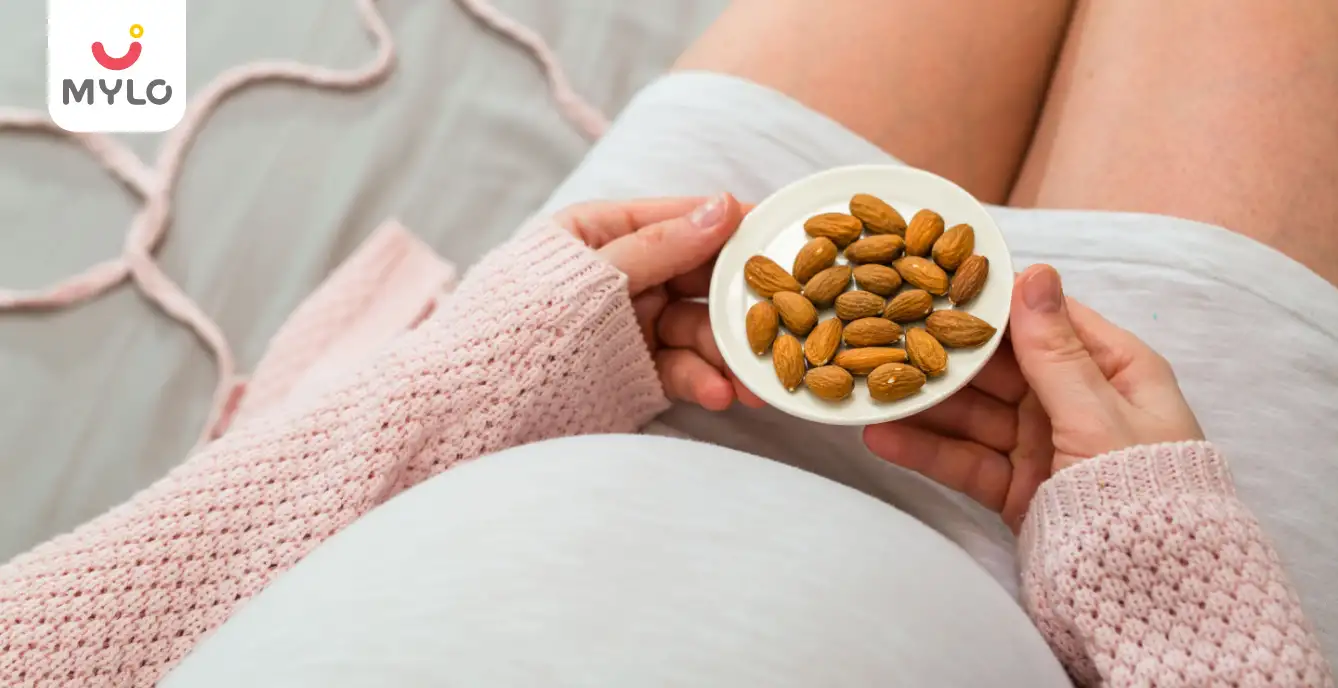
Almonds in Pregnancy: Cracking the Nutty Secret to Their Benefits

Pregnancy Best Foods
Popping the Question: Is It Safe to Indulge in Popcorn in Pregnancy?
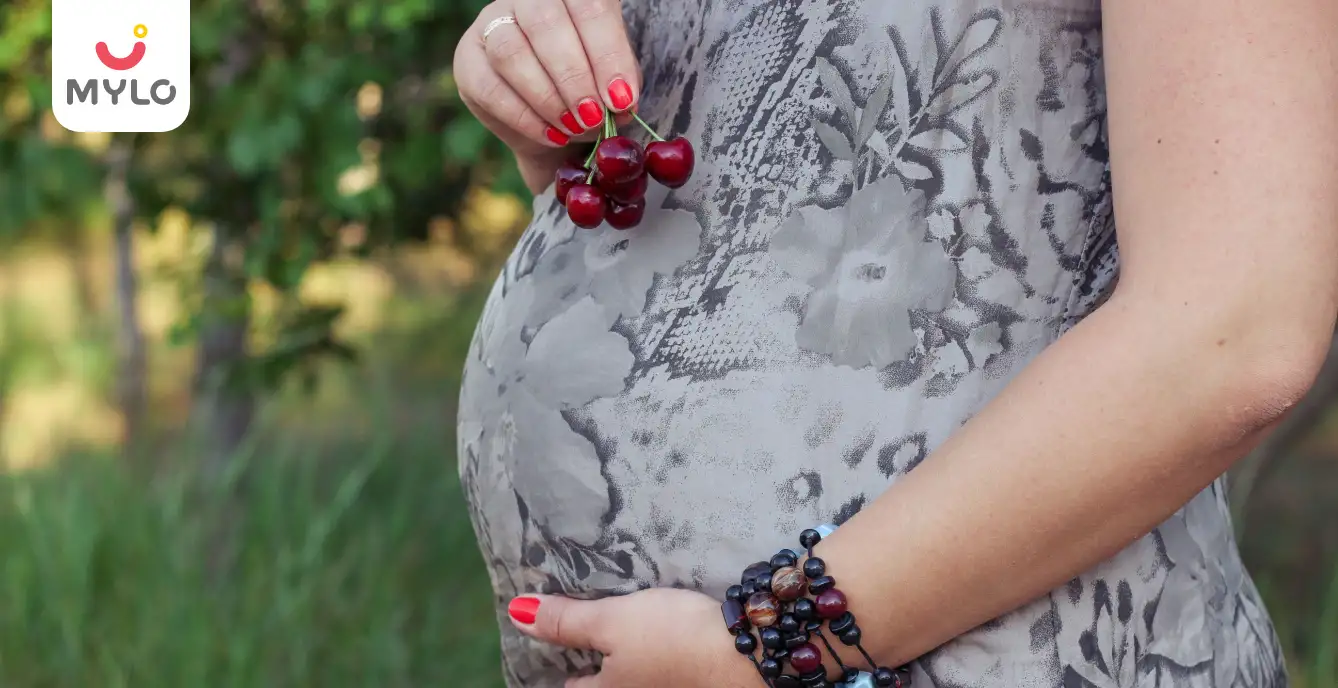
Pregnancy Journey
Cherry Fruit in Pregnancy: What Every Expectant Mother Should Know
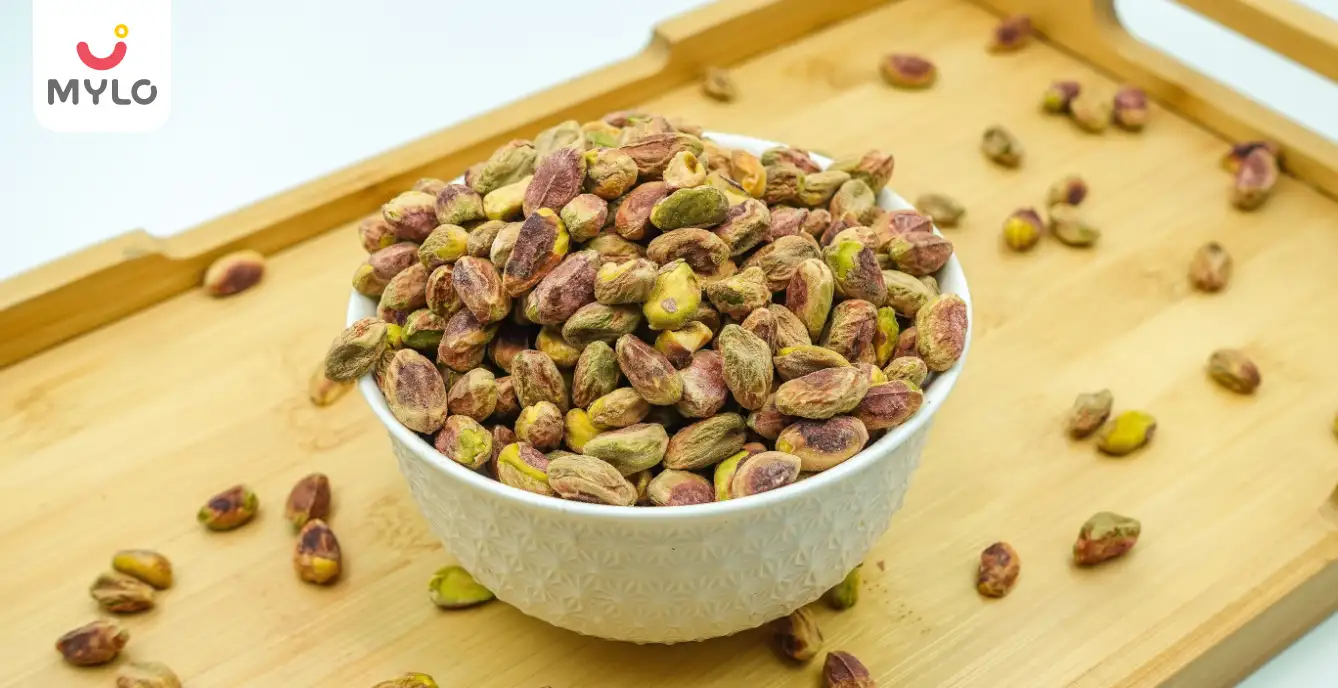
Pregnancy Journey
The Ultimate Guide to Consuming Pista During Pregnancy
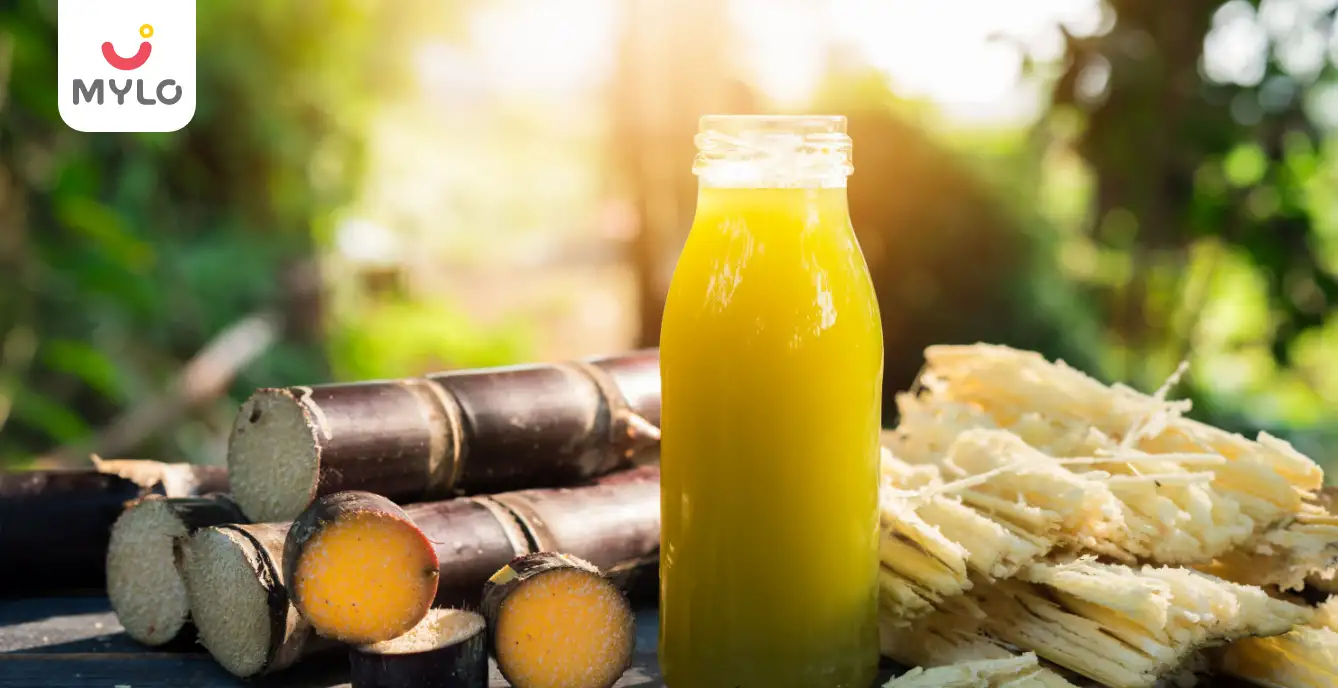
Sugarcane Juice in Pregnancy: Benefits & Precautions
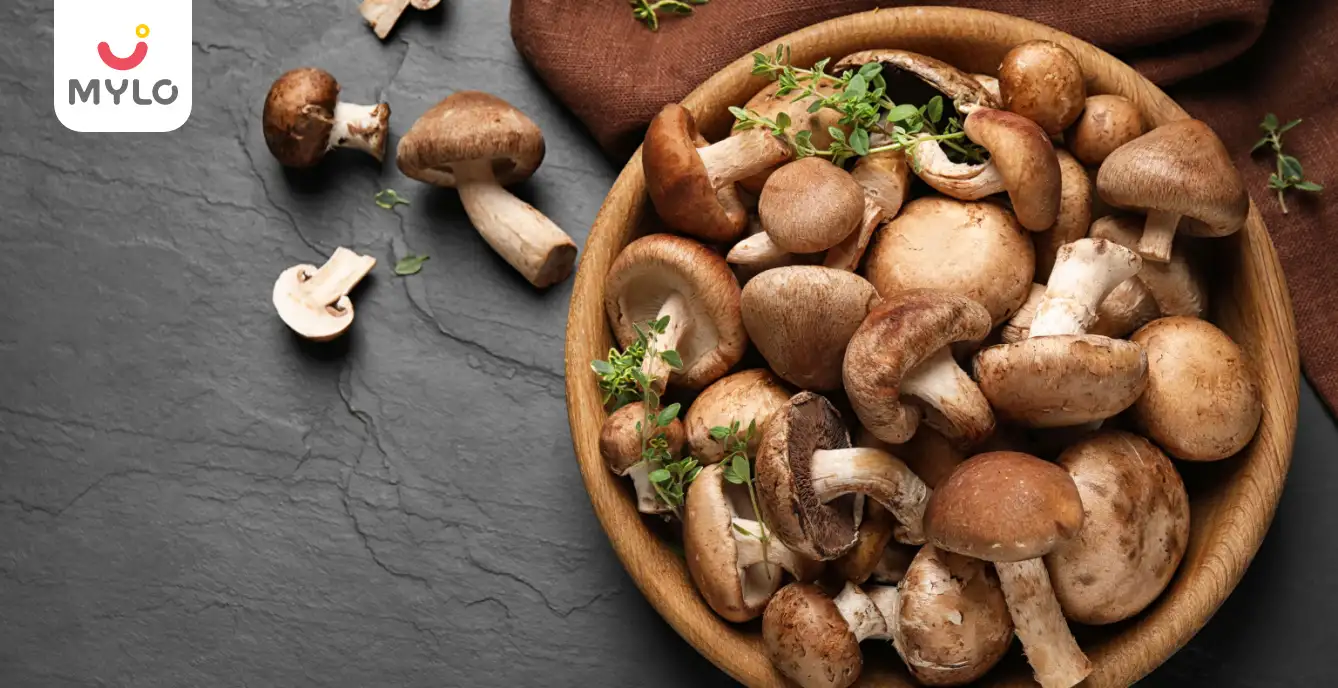
Pregnancy Best Foods
The Ultimate Guide to Consuming Mushroom in Pregnancy
- The Ultimate Compilation of GK Questions and Their Answers
- The Ultimate Compilation of 2 Letter Words for Children
- The A-Z Guide to Identifying Root Vegetables Names for Kids
- 11 to 20 Table: A Complete Overview for Children
- Tables 1 to 10: A Complete Overview for Children
- Can Herbal Supplements Boost Your Chances of Getting Pregnant?
- Sesame Seeds in Pregnancy: Nutritional Value, Benefits & Side Effects
- Betnesol Injection in Pregnancy: The Ultimate Guide to Benefits and Risks
- Pradhan Mantri Matru Vandana Yojana (PMMVY) to Give Rs 5,000 to Pregnant Women
- The A-Z Guide to Identifying Green Vegetables Names for Kids
- Anjeer in Pregnancy: Benefits & Side Effects of Eating Figs
- Black Grapes During Pregnancy: Benefits & When to Avoid
- The Ultimate Guide to the Best Series on Hotstar- Hindi
- The Ultimate Guide to Teaching Children Tables 1 to 20


AWARDS AND RECOGNITION

Mylo wins Forbes D2C Disruptor award

Mylo wins The Economic Times Promising Brands 2022
AS SEEN IN
















- Mylo Care: Effective and science-backed personal care and wellness solutions for a joyful you.
- Mylo Baby: Science-backed, gentle and effective personal care & hygiene range for your little one.
- Mylo Community: Trusted and empathetic community of 10mn+ parents and experts.
Product Categories
baby carrier | baby soap | baby wipes | stretch marks cream | baby cream | baby shampoo | baby massage oil | baby hair oil | stretch marks oil | baby body wash | baby powder | baby lotion | diaper rash cream | newborn diapers | teether | baby kajal | baby diapers | cloth diapers |





